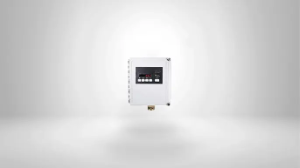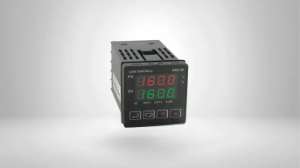Servo - AQ Matic and Control Valves
Servo systems are advanced motion control systems that use feedback mechanisms to precisely control mechanical components' position, speed, and torque. These systems consist of a servo motor, a feedback device...
Servo controllers serve as crucial components in automation and robotics, playing a pivotal role in precisely controlling servo motors used across various industrial and consumer applications. These controllers interpret input signals from sensors or computer systems to regulate the position, speed, and torque of servo motors with exceptional accuracy. By adjusting the electrical pulses sent to the motor, servo controllers enable precise movement and positioning down to minute increments, making them essential for tasks demanding high precision and reliability. They are integral to applications such as CNC machines, robotic arms, and camera stabilization systems, where their advanced features like PID control and feedback mechanisms ensure optimal performance even under varying operational conditions. Servo controllers are designed to enhance efficiency and productivity in automated systems, contributing significantly to technological advancements in diverse industries.
PID, which stands for Proportional-Integral-Derivative, refers to a control algorithm widely used in industrial automation and process control systems. PID controllers continuously analyze and adjust a system's control output based on feedback from sensors. They aim to minimize the error between the desired setpoint and the measured process variable by dynamically adjusting proportional, integral, and derivative terms. PID controllers are essential for maintaining stability, accuracy, and responsiveness in applications such as temperature control, pressure regulation, or speed control.



